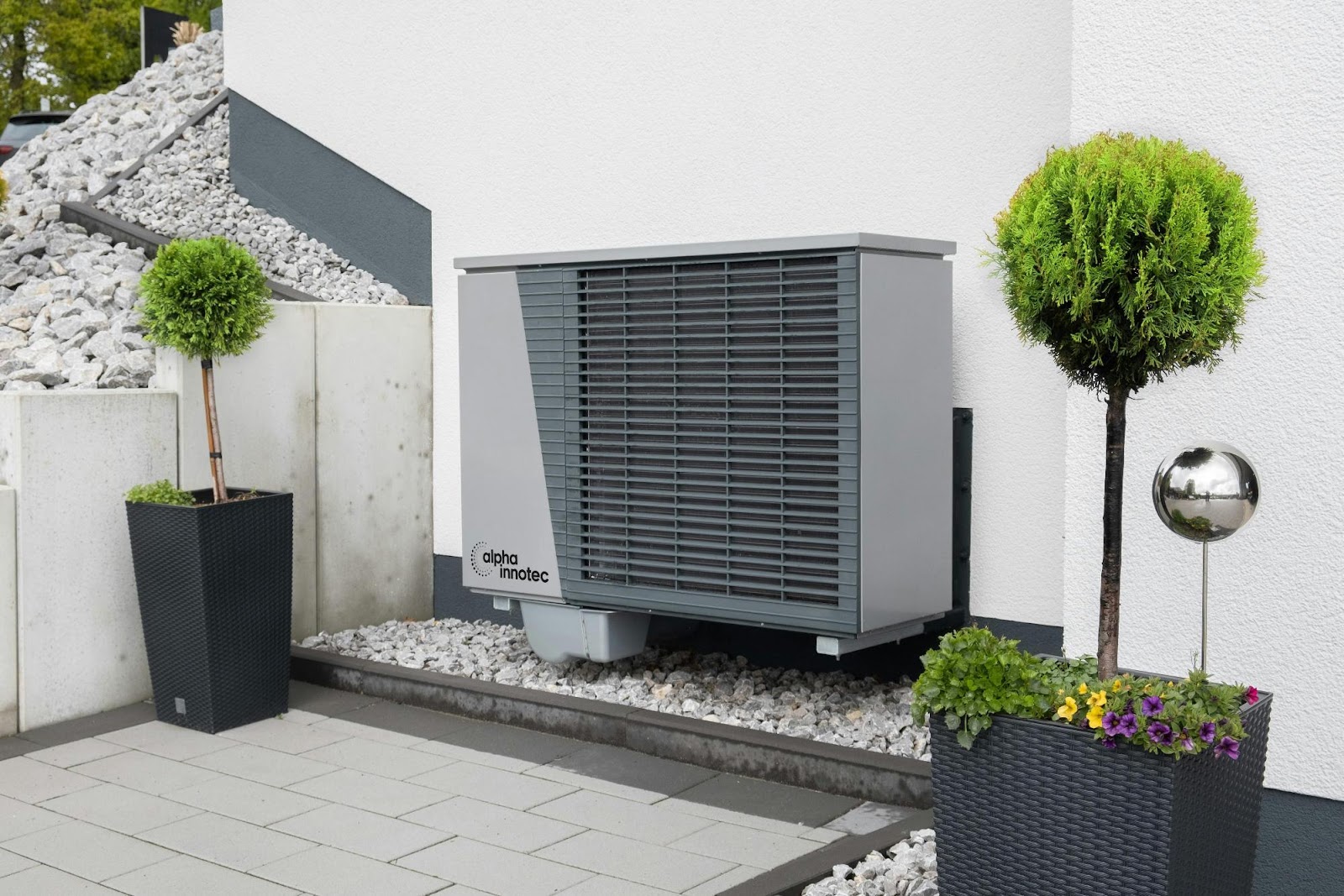Have you been wondering if you need a new water heater? It can be hard to know when the time is right to invest in a new, expensive appliance, especially if you don’t have a large home- maintenance budget. However, homeowners often find that old, faulty equipment is expensive and frustrating to maintain. There are several signs that indicate it might be time to replace your water heater. Here are some common indicators:
Table of Contents
Age of the Water Heater
One of the most common reasons for needing a new water heater or for experiencing water heater problems is having an old appliance. Most water heaters have a lifespan of around 8 to 12 years. If your water heater is approaching or exceeding this age, it may be more prone to issues and could be less efficient. Consider contacting a water heater services company to replace it before it fails. In addition, older water heaters are less efficient and are more likely to have problems from corrosion, build-up, and wear and tear.
Corrosion
Corrosion can also cause your water heater to fail and need to be repaired or replaced. Check for any signs of corrosion on the outside of the tank. If you notice rust or corrosion, especially around the pressure relief valve or the inlet/outlet connections, it could be a sign that the tank is deteriorating and may soon develop leaks. If you suspect corrosion in areas you can’t access, find a qualified repair person or specialist to inspect your tank for you.
Rusty Water
If you notice rusty or discolored water when you run hot water from the tap, it could be a sign of corrosion inside the water heater tank. Corrosion can be limited to the interior of the tank and can happen without you being able to see it. Rusty or discolored water could be the first sign of corrosion and a bad water heater. Discolored hot water is a clear indication that the tank is deteriorating and may need to be replaced soon. If both hot and cold water is discolored, it could be a sign of a different problem, such as corrosion in old cast iron pipes.
Lack of Hot Water
It seems obvious, but a lack of hot water usually signals that there is something wrong with your water heater. If your water heater is not producing enough hot water or if the water doesn’t stay hot for as long as it used to, it may be a sign that the heating element or the entire unit is failing. It could also be a sign that your water heater is too small for your family size or the amount of use it is getting. If you have no water at all, it might not mean that your water heater needs replacing- it could mean the pilot light on a gas water heater got blown out, for example. If you don’t know how to check your water heater to see why it is not working correctly, have a qualified company inspect it.
Strange Noises
Monitor your water heater for strange, unexpected noises. Unusual noises, such as popping or rumbling sounds, coming from the water heater may indicate sediment buildup inside the tank. Excessive sediment can reduce the heater’s efficiency and lead to damage over time. Other sounds could signal a leaking tank, leaking pipes, or other problems with the heater. This is especially true if the sounds are combined with other suspicious signs like damp areas or suddenly having less hot water than you used to have.
Leaking Water
Any time you have a leak in your home it is a problem and needs to be handled quickly to avoid further damage. Visible leaks around the base of your water heater are a clear sign that it is time for a replacement. Even minor leaks can lead to major problems if left unaddressed. Signs of leaking near your water heater could also indicate that you have a problem with a pipe or fitting rather than a problem with the heater itself. Make sure you find the source of the water problem before you replace the heater to avoid unnecessary expenses and further water damage.
Inefficient Heating
Inefficient heating is a sign of an old or faulty water heater. If you notice a significant increase in your energy bills, it may be a sign that your water heater is no longer operating efficiently. You might also find that your water is not as hot as it used to be, or that it seems to run out quickly compared to in the past. All of these can be signs of an inefficient or failing water heater.
In addition, you may want to replace your water heater even if it’s still working, simply because it’s an older, less efficient, and more expensive model. Newer models are often more energy-efficient and can help you save on utility costs.
Frequent Repairs
Frequent repairs are expensive and can be a sign that your water heater is no longer working properly. If you find yourself frequently calling for repairs and the water heater is still experiencing issues, it might be more cost-effective in the long run to invest in a new unit rather than continuing to repair an old one. Older appliances often begin experiencing failure after failure as all the various parts age, and it can be cheaper to replace the entire unit with a new, more efficient, and less failure-prone model.
Conclusion
If you observe any of these signs, it’s advisable to consult with a professional plumber or water heater specialist to assess the situation and determine whether repairing or replacing the water heater is the best course of action. Struggling with old or faulty appliances is not only frustrating, but it can also be expensive and can even cause you to have other expenses such as mold remediation.





